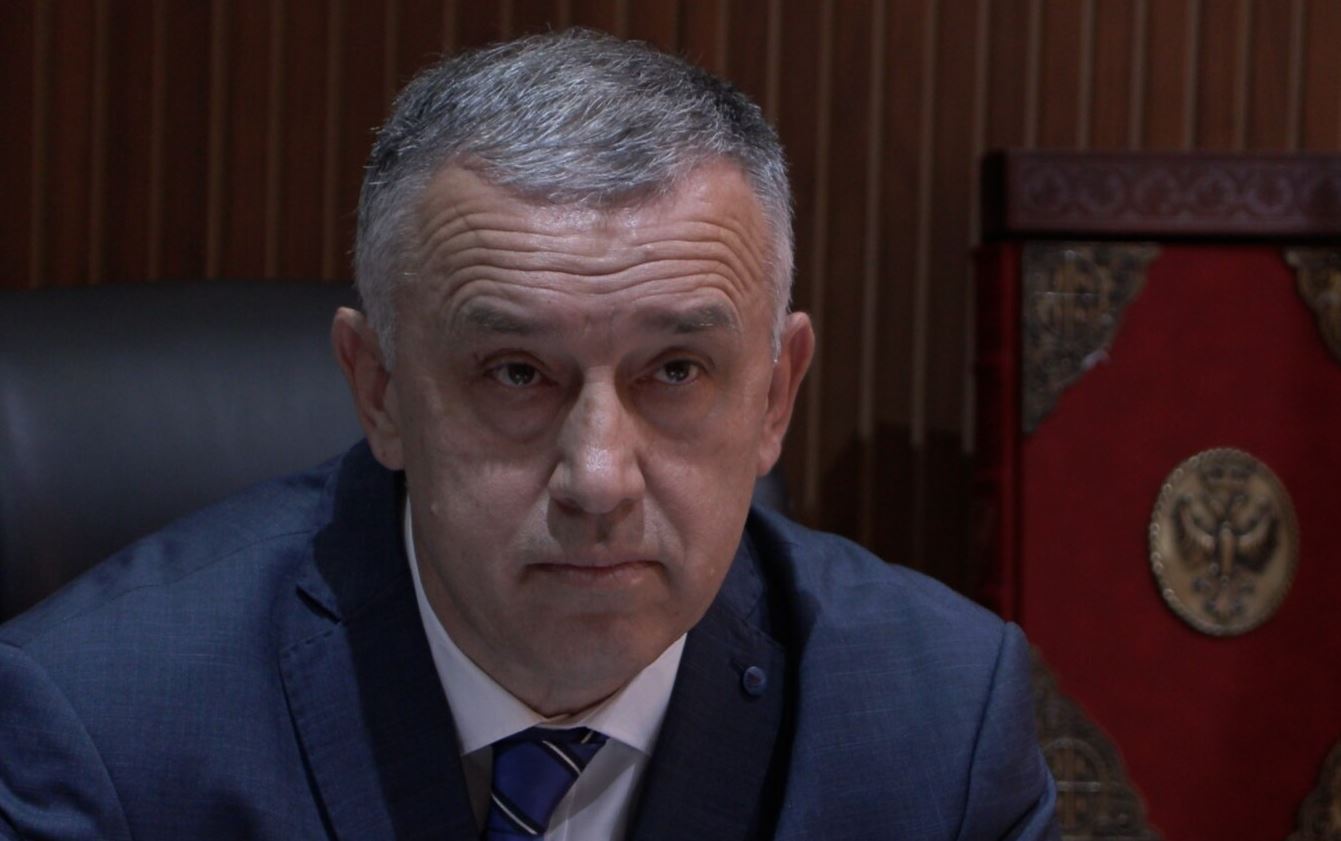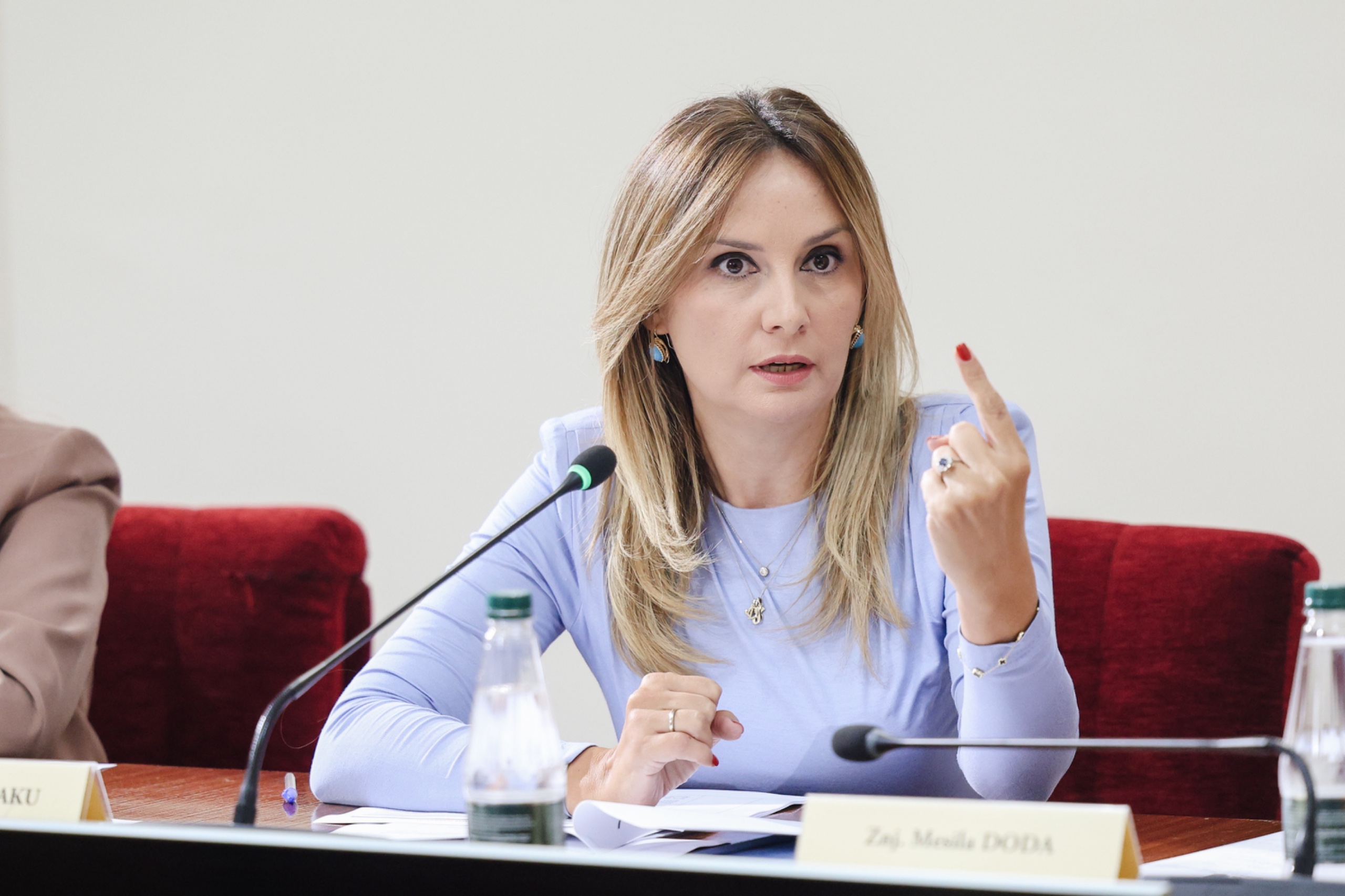
The implementation of the Kosovo Law on the Protection of Whistleblowers has faced significant challenges, with many whistleblowers encountering job termination, accusations of misconduct, blackmail and long delays in court rulings.
More than six years since the enforcement of the Kosovo law on the Protection of Whistleblowers, in 2018, Kosovo institutions continue to violate the law by retaliating against whistleblowers, Kallxo Përnime TV programme was told.
Demë Elezaj, a whistleblower and former employee at Prishtina International Airport “Adem Jashari” had his contract terminated after he reported irregularities in an airport runway investment in 2022.
“It was my professional responsibility as it directly concerned the safety of operations and people’s lives. I warned the management during the work, but they ignored it. The Civil Aviation Authority sent inspectors and confirmed my findings,” whistleblower Elezaj told the Kallxo Përnime TV programme on April 20, 2024.
According to the law, whistleblowers are supposed to be protected by the judiciary, but Elezaj’s case has not been addressed by the Basic Court of Prishtina.
“At first, they suspended me claiming I had a private business which was prohibited by internal regulations, even though the labour inspectorate confirmed that the contract termination was unjust,” he said, adding that “this was a form of retaliation; they wanted to stop this kind of whistleblowing”.
The whistleblowing law stipulates that people threatening or obstructing whistleblowers in performing their duties should also be prosecuted. Kallxo.com found that despite cases where such hindrances and blackmail have been observed, no charges have been filed.
Only 20 cases of whistleblowing were registered in the Anti-Corruption Agency in 2023. There is no indictment on retaliation against whistleblowers, Kosovo Basic Prosecutions told Kallxo.com.
Ylli Buleshkaj from the Anti-Corruption Agency told Kallxo Përnime that “there are not enough whistleblowing cases. Perhaps some are done through social networks and media and do not start this procedure…The problem is also that many officials abandon their duty to accept reports, and then they are not replaced”.
Lawyer Xhevdet Smakiqi, told Kallxo Përnime TV programme, that employers “degrade and attack because they are prohibited from taking disciplinary measures against whistleblowers. According to the law, employers are prohibited from demoting the whistleblower” and in many cases, employers hide this as “restructuring of the enterprise”.
“I think they see whistleblowers as obstacles and want to avoid scrutiny,” Smakiqi said, adding that “delays from courts further demotivate workers from starting this process”.
The law also protects whistleblowers for reporting in the media after the case has been reported to internal institutional mechanisms without any results, however, the Kosovo public broadcaster, Radio Television of Kosovo, RTK, punished one of its workers, Fadil Hoxha, for reporting issues.
During 2022, Hoxhaj exposed several serious violations that affected the board and management of RTK and the Government of Kosovo. He testified at the Anti-Corruption Agency and in the Prosecutor’s Office of Kosovo regarding suspicions of misusing RTK funds.
Hoxhaj, who also leads the RTK workers’ union signalled manipulation at the board level in the competition for the General Director, which later led to the call being cancelled.
Hoxhaj was then demoted from his position, a case which he had sent to the court and the labour inspectorate leading to RTK being fined with three thousand euros for unfair demotion.
“The then-director (in December 2022) arbitrarily decided to terminate my contract, which sparked internal and international reactions, thus making them withdraw this decision”, Hoxha stated.
“We intentionally made the whistleblowing public so that employers cannot punish workers,” Hoxha told Kallxo Përnime TV programme, adding that his co-workers are pressured to cut ties with whistleblowers but they are not obeying.
“When a whistleblower goes to court, they see the other party exploiting all the infrastructure of the institution starting from official vehicles, legal offices, and without any consequences for them. We are financially damaged,” Hoxha added.
Similar retaliations occurred at the Kosovo Post. Two workers were demoted, they later sued this institution for violating the whistleblowing law.
Albana Hasani from the NGO Lëvizja Fol stated that responsible whistleblowing officials “have different professional profiles and very little knowledge of current legislation. Then these officials do not have personal offices, whistleblowers often are not willing to report to an office with many people”.
The provisions of the law for the private sector have never been implemented and there is no awareness of the existence of this law, a responsibility of the Labour Inspectorate.
Lawyer Burim Azemi, however, told Kallxo Përnime that the law is very “clear. We should not have court cases”.


